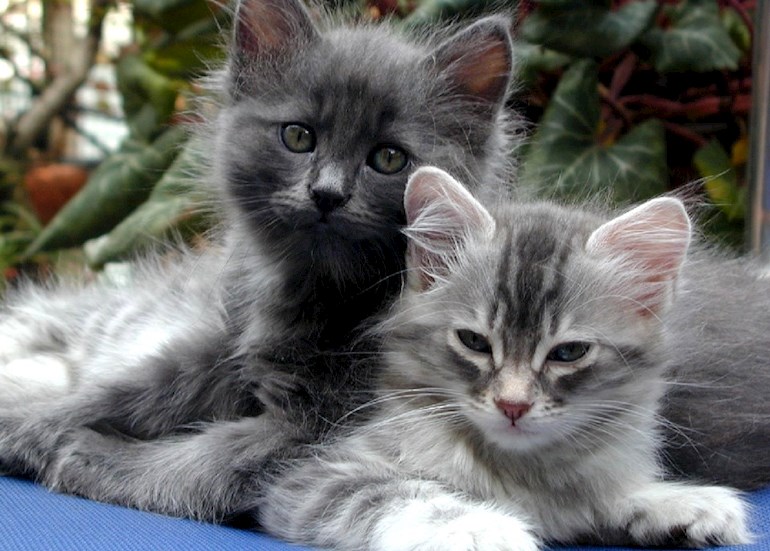You can't have too much cute.
Vet Rec. 2017 Jan 11. pii: vetrec-2016-104007. doi: 10.1136/vr.104007. [Epub ahead of print]
Double-blinded randomised placebo-controlled clinical trial of individualised homeopathic treatment of hyperthyroid cats.
Bodey AL1, Almond CJ2, Holmes MA3.
Author information
1The Hyperthyroid Cat Centre, 433 Birch Park, Thorp Arch Estate, Wetherby, Yorkshire, LS23 7FG, UK.
2Forrest House Veterinary Ltd, 5 Little Market Place, Masham, Ripon, North Yorkshire, HG4 4DY, UK.
3Department of Veterinary Medicine, University of Cambridge, Madingley Road, Cambridge CB3 0ES, UK.
Abstract
Feline hyperthyroidism is a common endocrine disorder in older cats for which homeopathic treatment has been advocated. A double-blinded, placebo-controlled randomised trial was performed to look for evidence of efficacy for the use of individualised homeopathy in the treatment of this disease. Using a case definition of a concentration of the thyroid hormone T4 >66 nmol/l, cats were randomised into two treatment arms. Either a placebo or a homeopathic treatment was given to each cat blindly. After 21 days, the T4 levels, weight (Wt) and heart rate (HR) were compared with pretreatment values. There were no statistically significant differences in the changes seen between the two treatment arms following placebo or homeopathic treatment (T4 P=0.96, Wt P=0.16, HR P=0.36) or between the means of each parameter for either treatment arm before and after placebo or homeopathic treatment (all P values >0.13). In a second phase of the study, patients in both treatment arms were given methimazole treatment for 21 days and T4, Wt and HR determined again. Again there were no statistically significant differences between the groups, but there were statistically significant reductions in T4 (P<0.0001) and HR (P=0.02), and a statistically significant increase in Wt (P=0.004) in both groups compared with their pre-methimazole treatment levels. The results of this study failed to provide any evidence of the efficacy of homeopathic treatment of feline hyperthyroidism.
British Veterinary Association.
KEYWORDS:
Feline; Homeopathy; Hyperthyroidism; Methimazole; Randomised controlled trial
PMID: 28077754
DOI: 10.1136/vr.104007
ncbi.nlm.nih.gov/pubmed/280...
[ CC BY-SA 3.0, commons.wikimedia.org/w/ind... ]

 Haven't read a word you've typed because I can't stopping seeing the cute
Haven't read a word you've typed because I can't stopping seeing the cute 